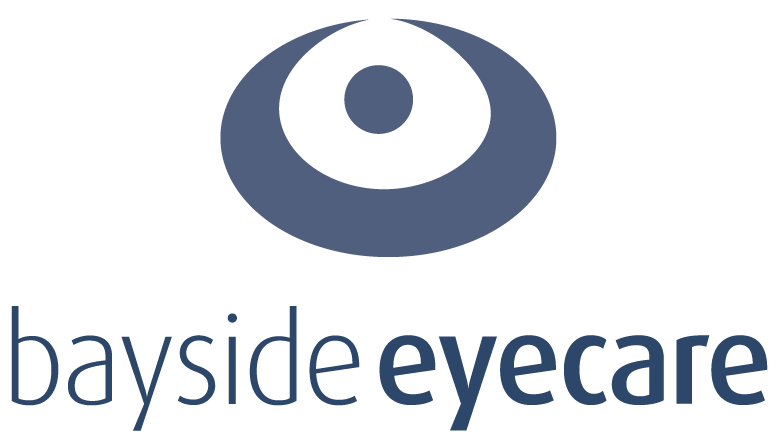With chronic eye conditions in children aged between 0 and 14 on the rise (9.2% from 2007–08 to 12% from 2017–18, according to the National Health Survey), it has never been more important to book regular eye tests for your child. When it comes to your child’s development, you want to give them the best chance to succeed, which starts with good vision.
Your paediatric optometrist (children’s eye doctor) will play an important role in your child’s visual development, ensuring that everything is on track for their age and providing necessary support if needed. Newborn vision is tested at birth, with vision developing over the months and years as children learn how to use their eyes and strengthen their depth perception.
Most children will assume that how they perceive the world is normal, so they may not tell you if they are having trouble with their vision. It is important to be aware of the signs that your child may have vision problems and work with a children’s optometrist to get the best possible outcome for them.
Signs of Vision Problems in Young Children
One in five Australian children suffer from undiagnosed vision problems, which can limit their development. It is crucial to be aware of the signs of vision issues, allowing your child to flourish and reach their full potential. If you suspect that your child may have trouble with their vision, a children’s optometrist is able to test their eyes and, if necessary, prescribe glasses.
As vision issues are not always physically noticeable, the most important signs to be aware of are behavioural. For babies, this can include:
- Eyes moving quickly from side to side
- Lack of eye contact
- Eyes not following faces or objects
- Lack of response to light
- Cloudy or white pupils
- Eyes turning outwards or looking toward the nose
When it comes to toddlers and pre-schoolers, behavioural signs of vision problems can be easier to notice, such as:
- Rubbing eyes frequently
- Eyes looking in different directions
- Having their face close to technology, such as the television or a tablet
- Clumsiness, particularly if frequently falling or tripping over
- Seeing better during the day
- Holding objects close to their face
- Complaining of tired eyes
When Should I Get My Child’s Eyes Tested?
Given that a child’s vision changes so quickly in their first years of life, it is important to have a children’s optometrist test their eyes multiple times before they begin school.
If your family has a history of vision problems or your child is displaying any of the previously listed behavioural signs, it is important that your child’s eyes are tested as soon as possible. Newborn sight development is critical to many other parts of their childhood development, so you want to resolve any potential issues as soon as possible and protect their eyes. One way to protect your baby’s eyes is through infant sunglasses, which they can wear from six months old onwards.
Whether your infant has displayed signs of vision problems or not, you should have their eyes tested by a children’s optometrist at 12 months old in order to check for the presence of hyperopia (farsightedness). Hyperopia can impact visual skill development, motor skills and more. When identified, correction may be able to assist with your child’s visual development.
If significant hyperopia is identified, you should have your child’s eyes tested again between 3 and 5 years of age, and then every one or two years depending on the best approach according to the optometrist.
Before starting school, your child should have another full eye examination to ensure they are not behind other children, followed by a regular eye test every two or three years as they continue through primary and secondary school. Your child’s optometrist will be able to determine whether they need glasses and prescribe them if needed.
Book Your Child’s Eye Test Today
At Bayside Eyecare, our children’s optometrists have all the equipment and knowledge necessary to examine the eyes of young children, including pre-literate children and those that are not familiar with the alphabet. We can also test your child’s eyes without the need for verbal feedback from them. By using fun testing tools, we keep eye tests engaging and game-based for children to help the time go smoothly for everyone.
If your child is in need of an eye test, the optometrists at Bayside Eyecare are here to help. Simply book an appointment on our website or call our friendly team today on (03) 9909 5329 to keep your child’s visual development on track.

 (03) 9596 1238
(03) 9596 1238


